Queer Revolution in ‘The Rose of Versailles’
Riyoko Ikeda's French Revolution-style manga had an influence on Japan’s longest standing all-female musical theatre troupe.
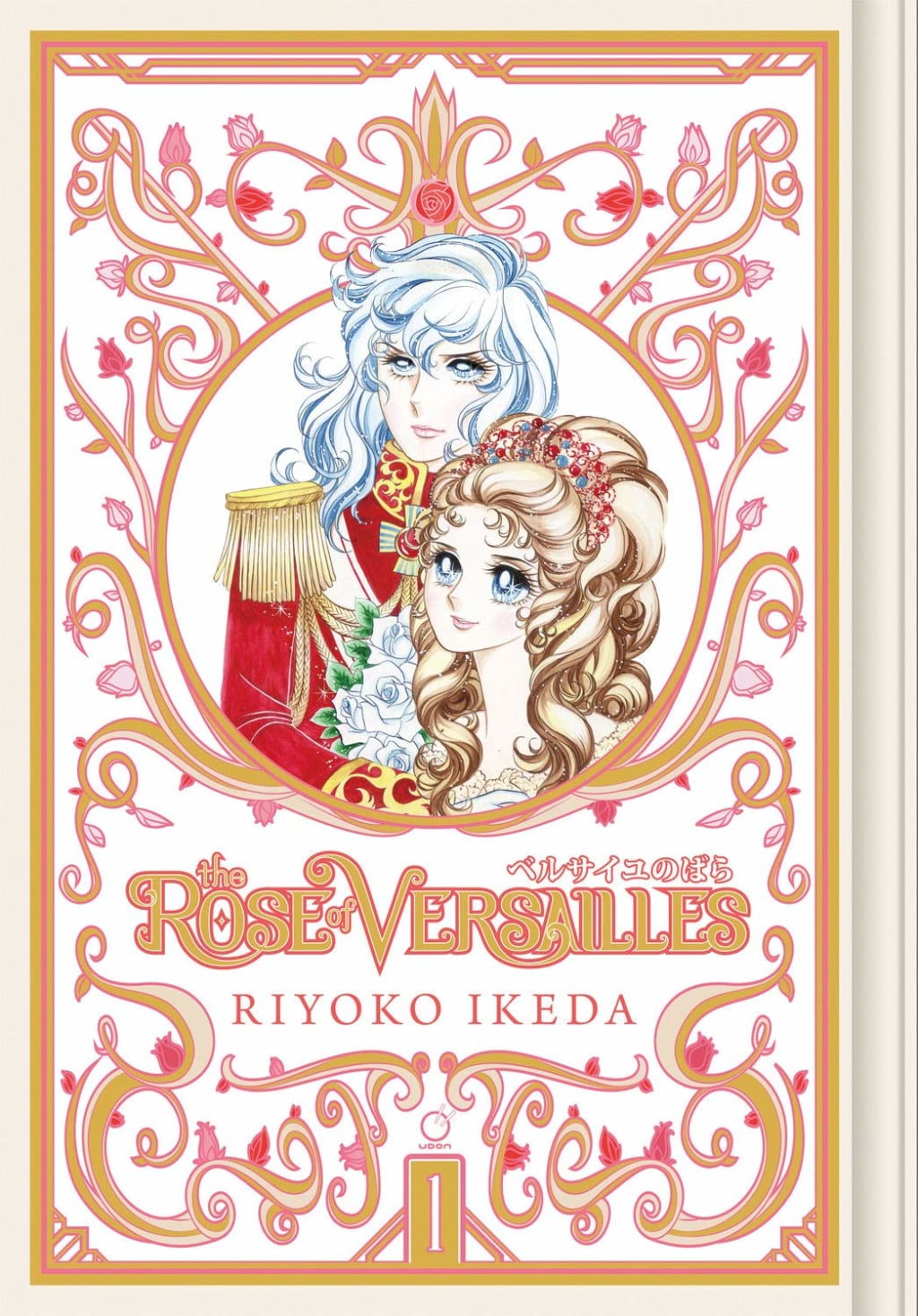
Cover of English edition of ‘The Rose of Versailles’. Courtesy of Riyoko Ikeda Productions / UDON entertainment.
The elegant protagonist of The Rose of Versailles (Berusaiyu no Bara – 1972), Oscar François de Jarjayes, is an unmatched icon of Shojo Manga (manga for girls) history, with a gender-bending tale challenging norms across Japan. Combining the biography of Marie-Antoinette with the visual magic of Osamu Tezuka in her teen-girl manga, Riyoko Ikeda popularised French history amongst a decade of Japanese girls, basing her characters on real historical figures residing in Versailles before the French Revolution. Most famously, Oscar, fated commander of the Royal Guard, is a woman who presents herself as a man.
The 1970s ‘BeruBara boom’ inspired a frenzy—when Oscar’s storyline concluded readers were so distraught that schools even suspended classes. But radical possibilities in Oscar’s queer symbolism were especially brought to life in the musical adaptations by Japan’s all-female theatre troupe, the Takarazuka Revue.
Theatre of Aspirations
Against the ideals of a corrupt and changing regime, Oscar navigates a battle of entangled emotions, inviting infatuation and envy from both sexes, as well as challenges to her identity. Her fight represents honest aspirations amidst patriarchal societies in Japan and French aristocracy alike, and for readers she foregrounds feminist and queer debates historically absent in Japanese pop culture. But the height of her revolution unfolded at the Takarazuka Revue, Japan’s influential female Broadway-style company, where playing Oscar became every actresses’ ambition.
Subverting Kabuki’s male-exclusive format since 1913, Takarazuka has constituted itself as a feminist lesbian space, occasionally taken up as a scandal in conservative Japanese society. But enacting queer revolution on the stage, Oscar became their perfect model for Otokoyaku—the concept of a ‘male role’—and an inspiration for female audiences questioning existing gender norms. Takarazuka is known for crossovers with manga, but Riyoko Ikeda, herself a singer and performer, personally wrote and directed lavish expansions to her own story for its productions. While its momentum brought about structural changes to the troupe, The Rose of Versailles invites loyal audiences and billions in revenue even till this day.
Riyoko Ikeda’s historical piece for girls had at first faced doubts from editors. But with a background in philosophy and initial aims to be a scholar, the sophistication of her Shojo Manga even earned her France’s Legion of Honor in 2008 for cultural awareness of French History. The Rose of Versailles‘s continued performances prevail as a romantic sensation, with a lasting influence upon later anime classics like Revolutionary Girl Utena. Her vivid characters caused a revolution, linking teen-girl manga with Broadway, feminist and queer culture with tradition, and audiences with dreams of a better reality.
The Rose of Versailles (1972), a manga series by Riyoko Ikeda, has been published by UDON entertainment.
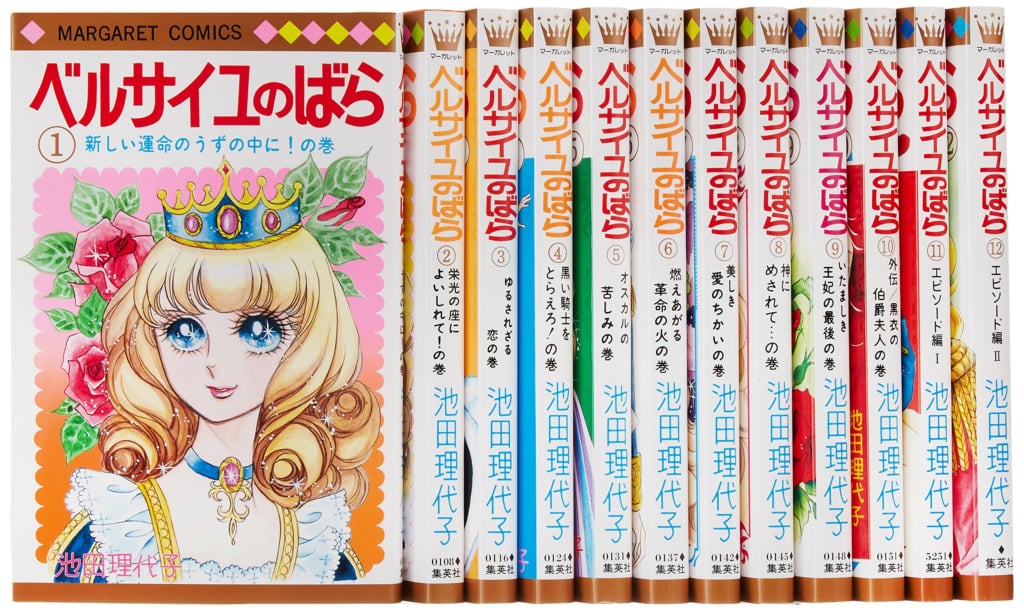
Covers of ‘The Rose of Versailles’ series. Courtesy of Riyoko Ikeda Productions.

Cover of ‘The Rose of Versailles.’ Courtesy of Riyoko Ikeda Productions.
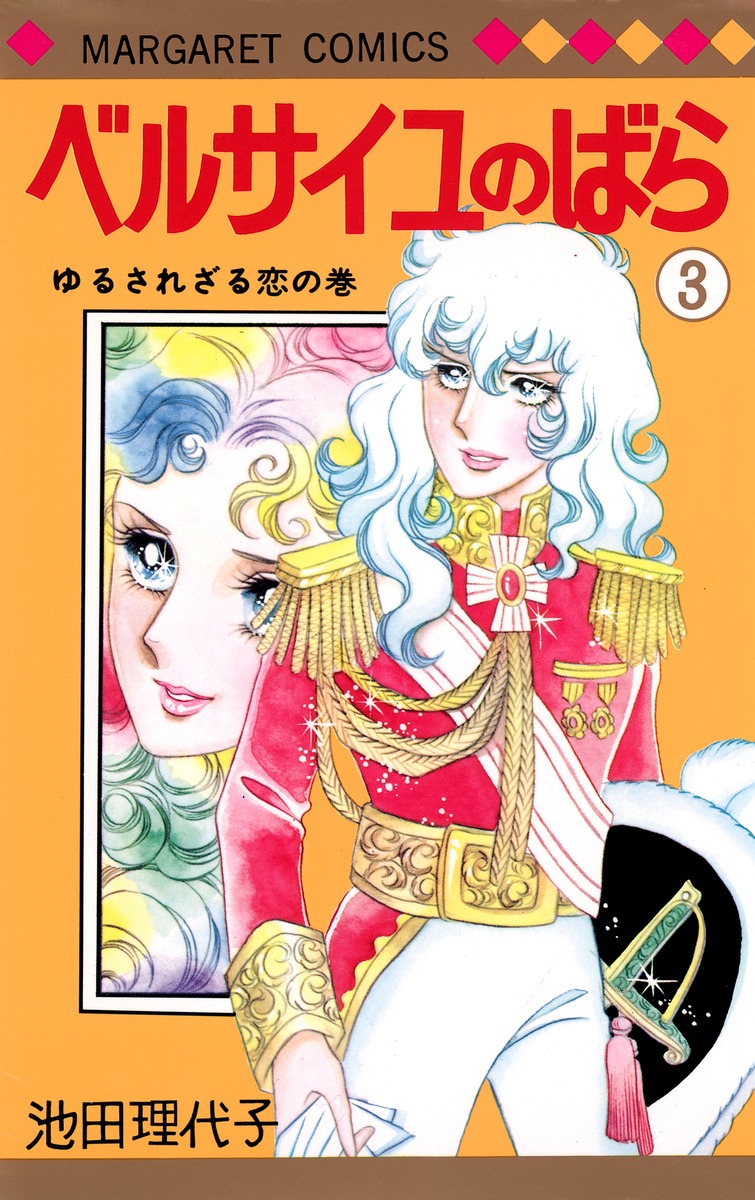
Cover of ‘The Rose of Versailles.’ Courtesy of Riyoko Ikeda Productions.
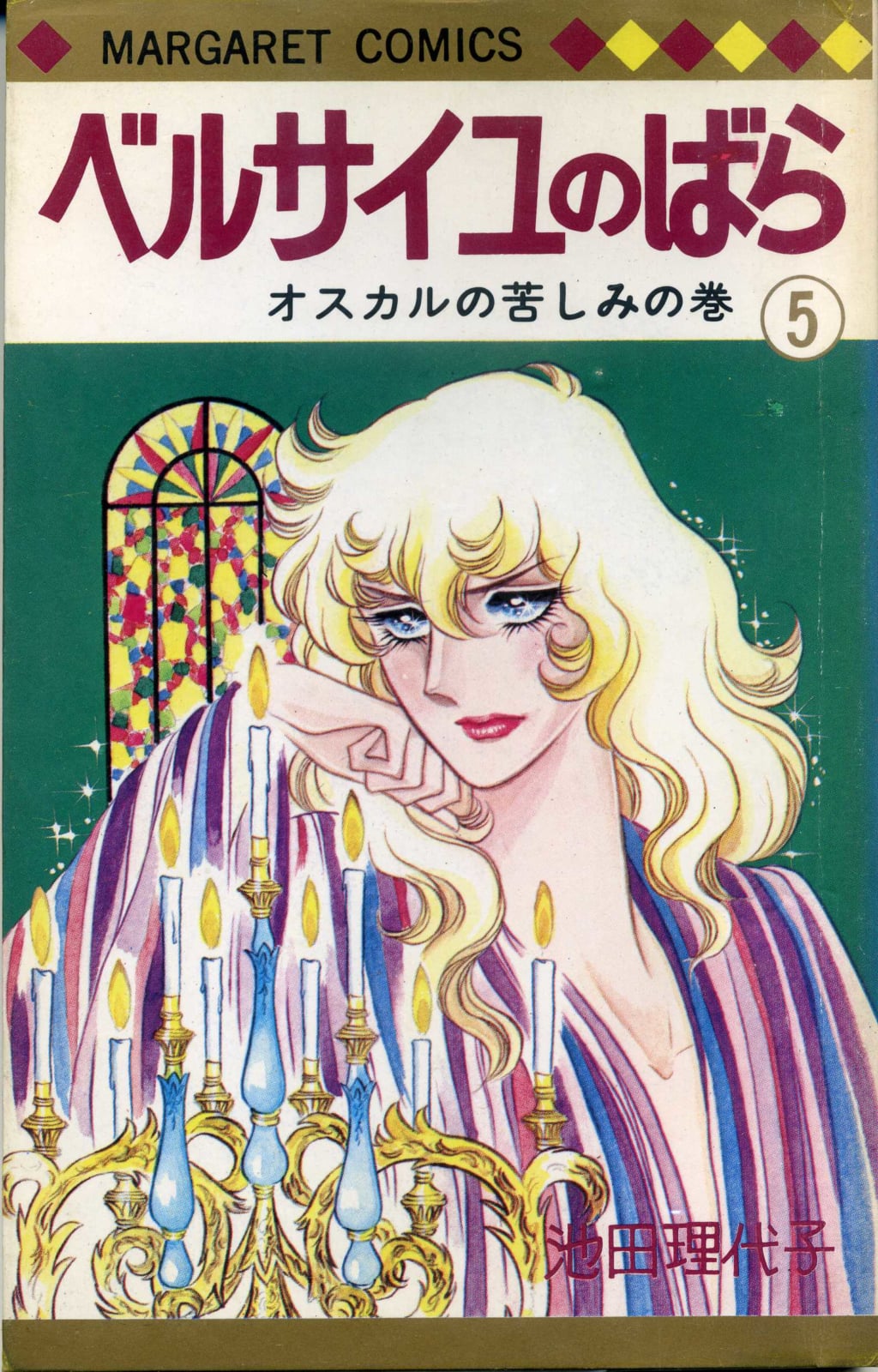
Cover of ‘The Rose of Versailles.’ Courtesy of Riyoko Ikeda Productions.
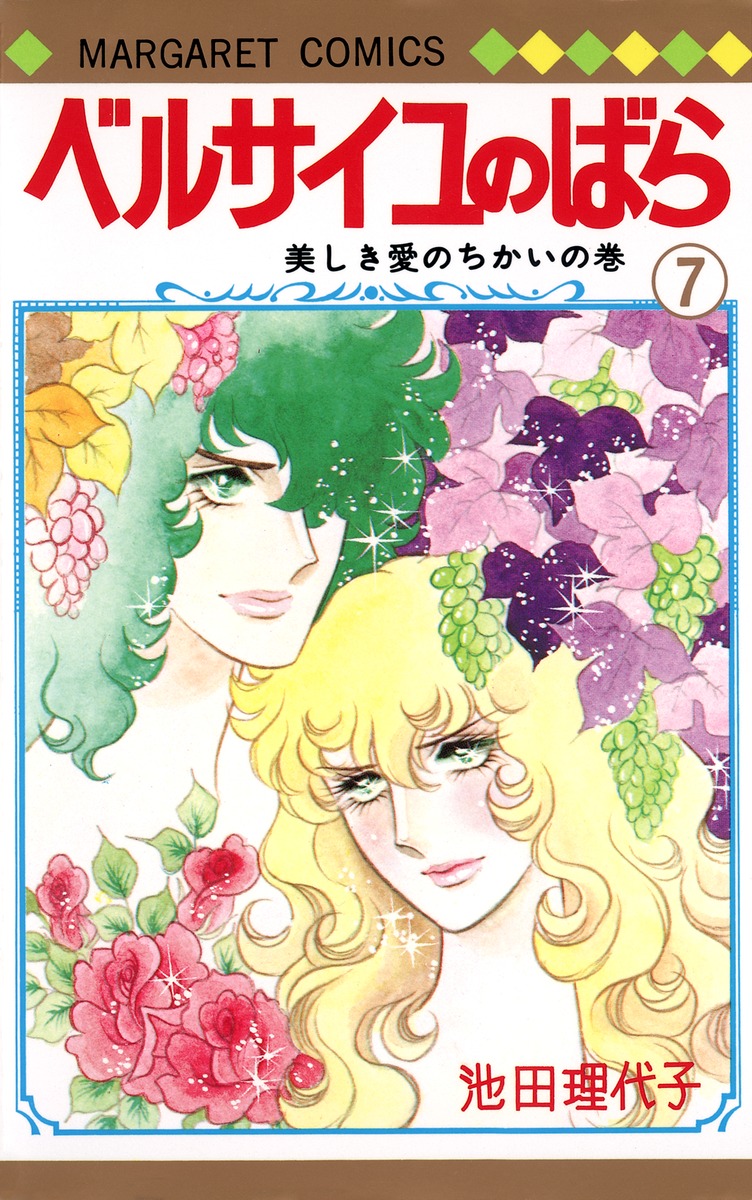
Cover of ‘The Rose of Versailles’. Courtesy of Riyoko Ikeda Productions.
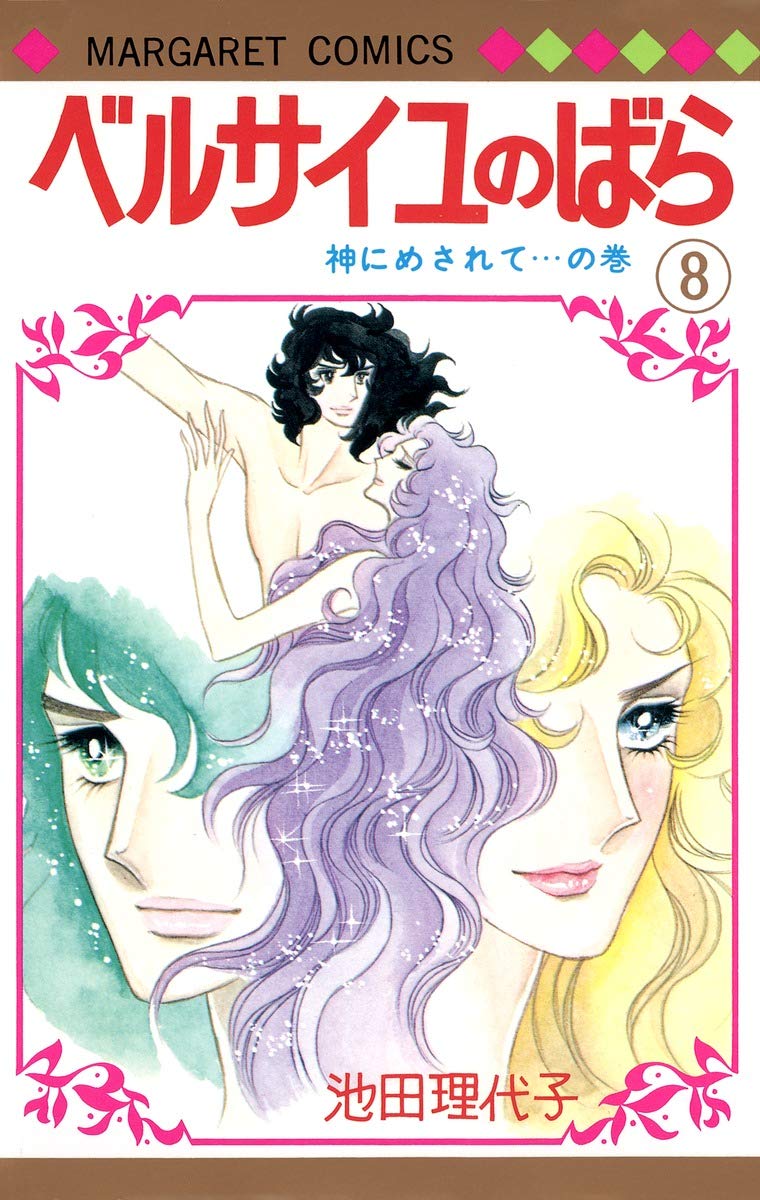
Cover of ‘The Rose of Versailles.’ Courtesy of Riyoko Ikeda Productions.
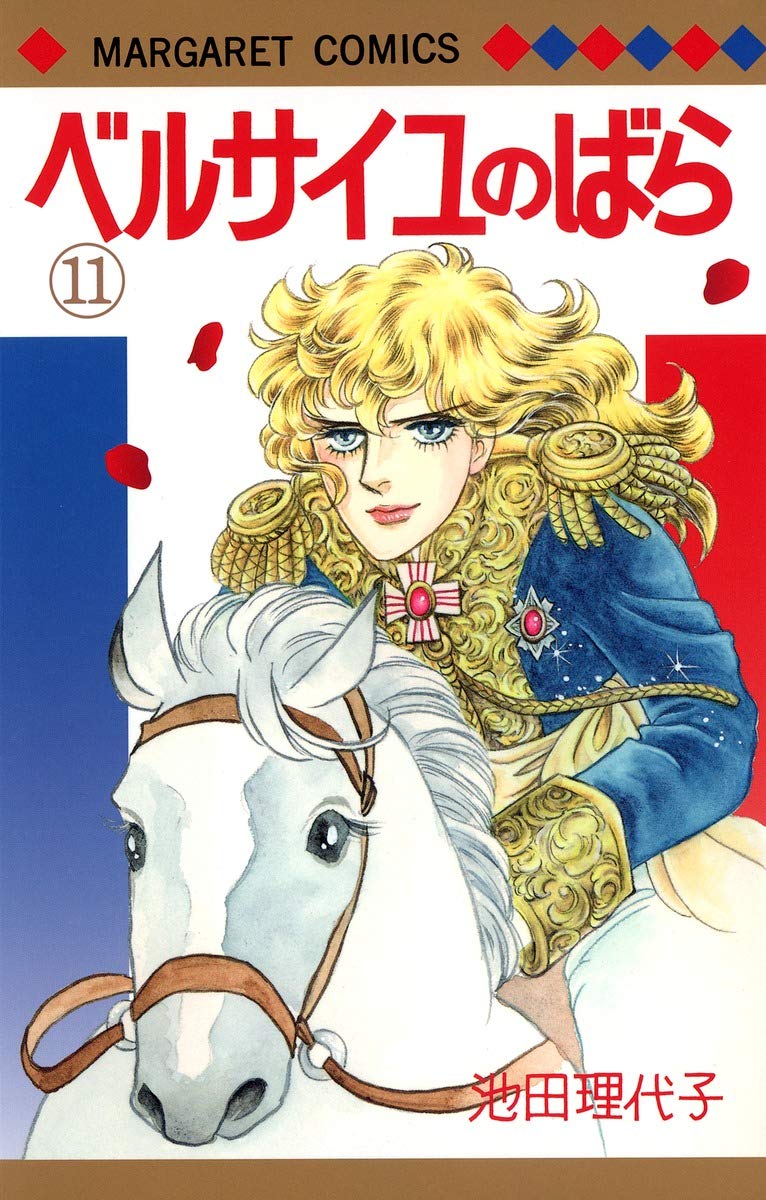
Cover of ‘The Rose of Versailles.’ Courtesy of Riyoko Ikeda Productions.

Cover of ‘The Rose of Versailles.’ Courtesy of Riyoko Ikeda Productions.
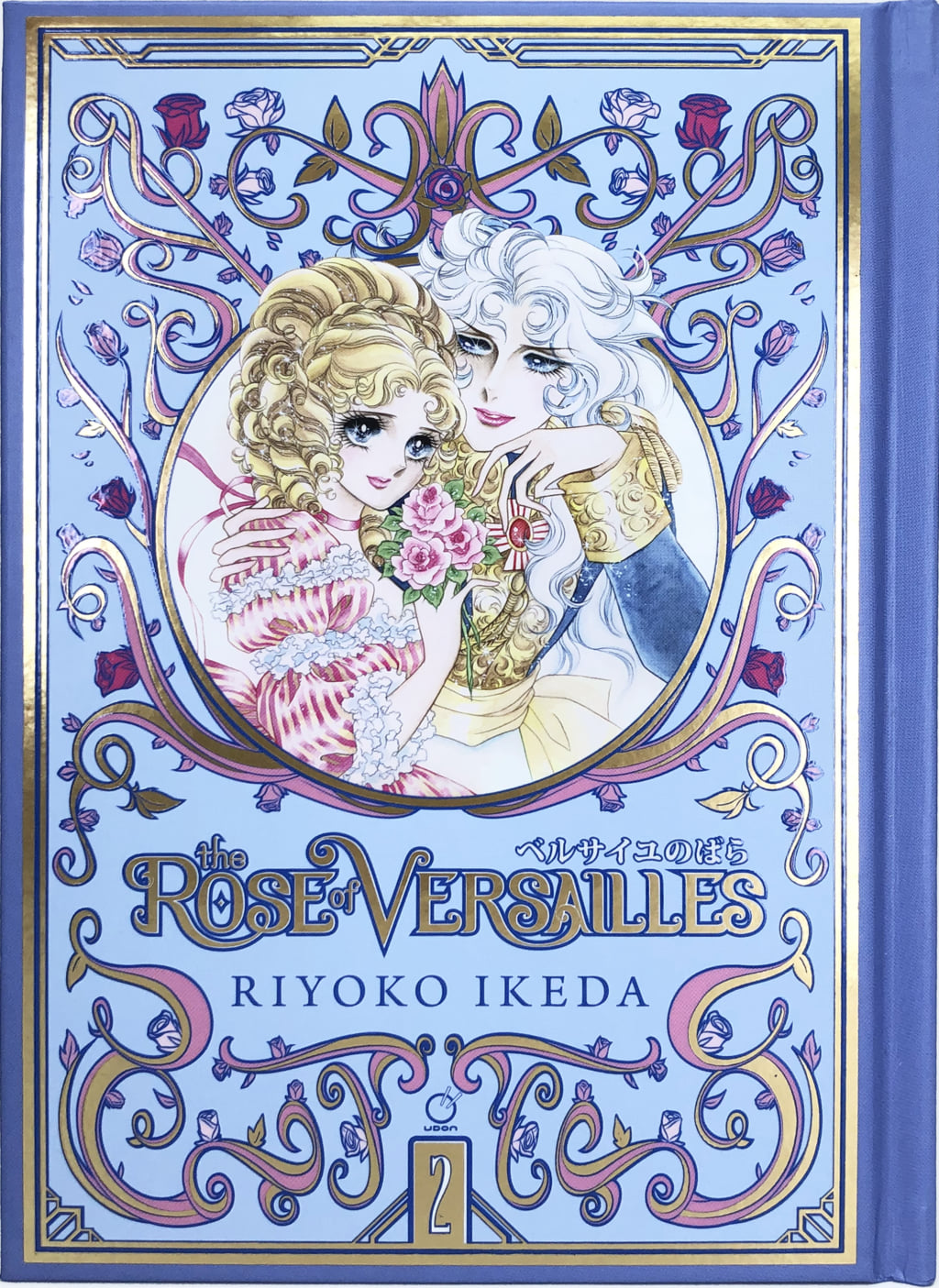
Cover of English edition of ‘The Rose of Versailles.’ Courtesy of Riyoko Ikeda Productions / UDON entertainment.
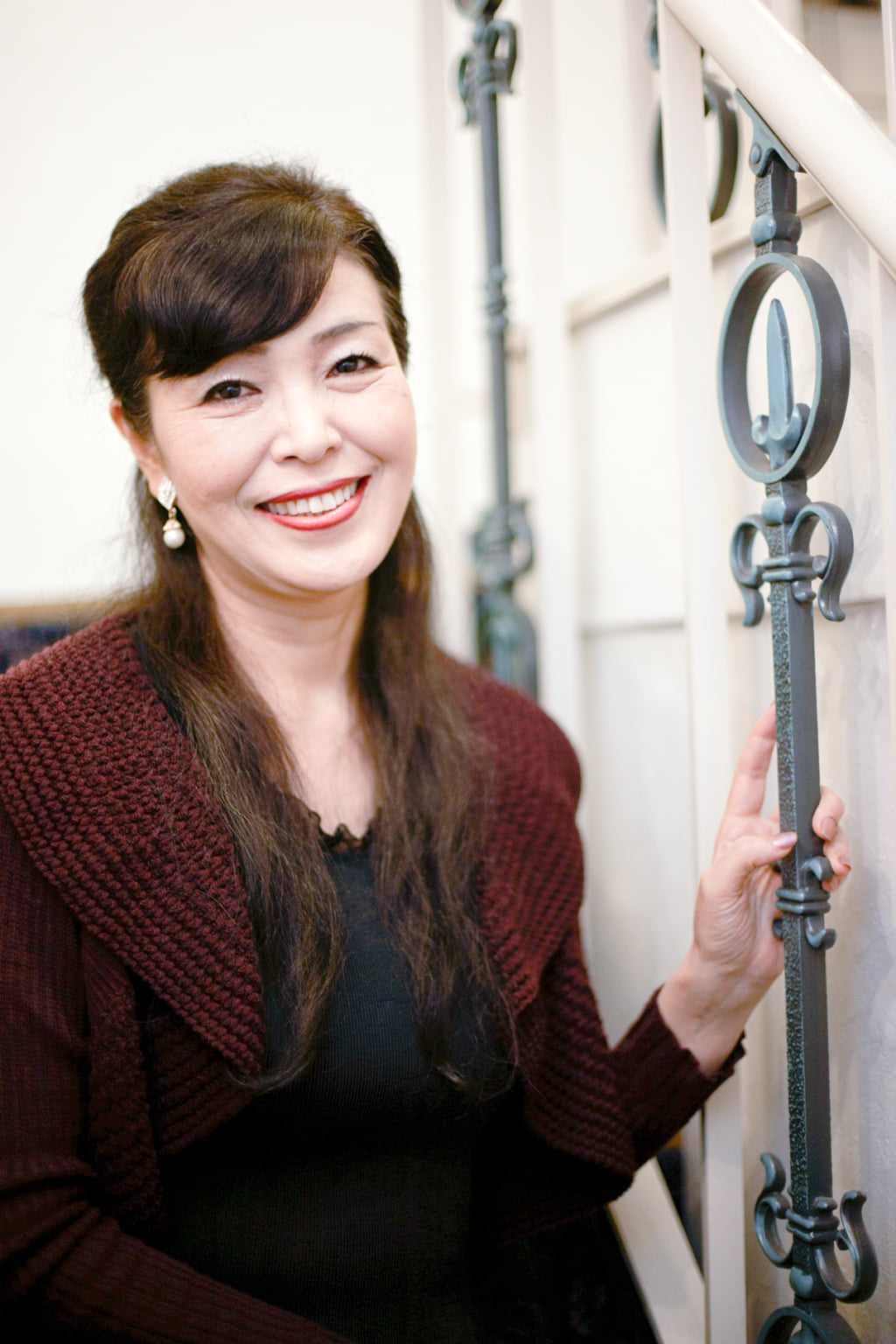
Portrait of Riyoko Ikeda, author of ‘The Rose of Versailles.’ Courtesy of Riyoko Ikeda Productions.
TRENDING
-
Ishiuchi Miyako, A Singular Perspective on Women
Recipient of the 2024 Women in Motion Award, the photographer creates intimate portraits of women through the objects they left behind.

-
Recipe for Ichiraku Ramen from ‘Naruto’ by Danielle Baghernejad
Taken from the popular manga with the character of the same name who loves ramen, this dish is named after the hero's favourite restaurant.

-
Namio Harukawa, Master of Japanese SM Art
'Garden of Domina' offers a dive into the world of an icon of ‘oshiri’, whose work has now reached a global audience.

-
The Tattoos that Marked the Criminals of the Edo Period
Traditional tattoos were strong signifiers; murderers had head tattoos, while theft might result in an arm tattoo.

-
The Emperor of Japanese Porn is Now the Star of a Netflix Series
Deliciously funny, The Naked Director especially succeeds in reviving the atmosphere that was so characteristic of 1980s Japan.





